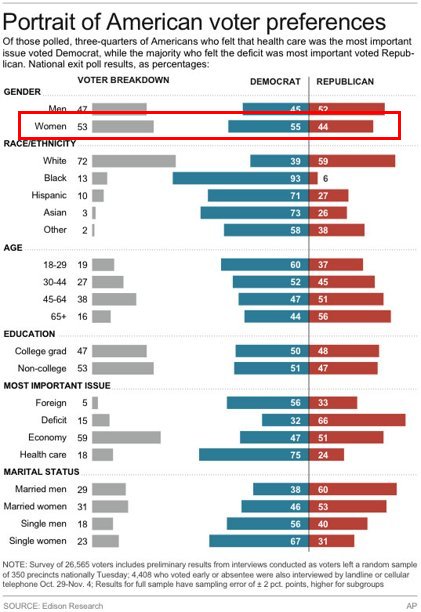In the language of psychologists, the clash is between two sets of associations: communal and agentic. Women are associated with communal qualities, which convey a concern for the compassionate treatment of others. They include being especially affectionate, helpful, friendly, kind, and sympathetic, as well as interpersonally sensitive, gentle, and soft-spoken. In contrast, men are associated with agentic qualities, which convey assertion and control. They include being especially aggressive, ambitious, dominant, self-confident, and forceful, as well as self-reliant and individualistic. The agentic traits are also associated in most people’s minds with effective leadership—perhaps because a long history of male domination of leadership roles has made it difficult to separate the leader associations from the male associations.
As a result, women leaders find themselves in a double bind. If they are highly communal, they may be criticized for not being agentic enough. But if they are highly agentic, they may be criticized for lacking communion. Either way, they may leave the impression that they don’t have “the right stuff” for powerful jobs.
Given this double bind, it is hardly surprising that people are more resistant to women’s influence than to men’s. For example, in meetings at a global retail company, people responded more favorably to men’s overt attempts at influence than to women’s. In the words of one of this company’s female executives, “People often had to speak up to defend their turf, but when women did so, they were vilified. They were labeled ‘control freaks’; men acting the same way were called ‘passionate.’”








